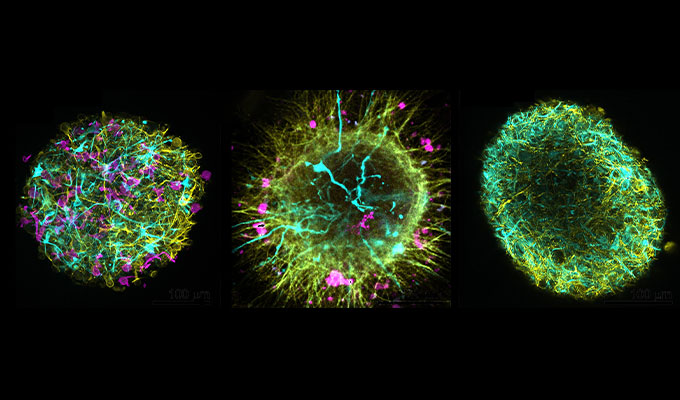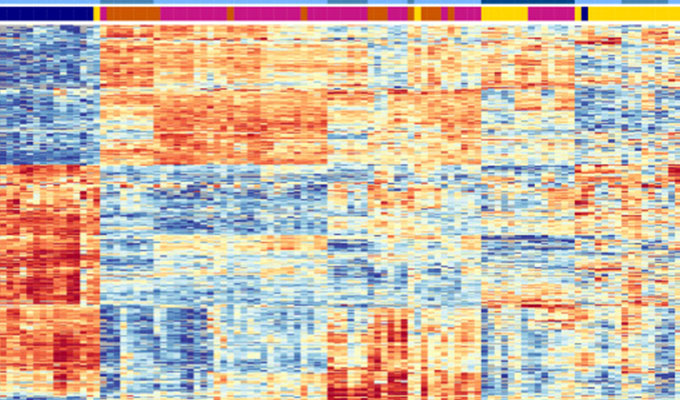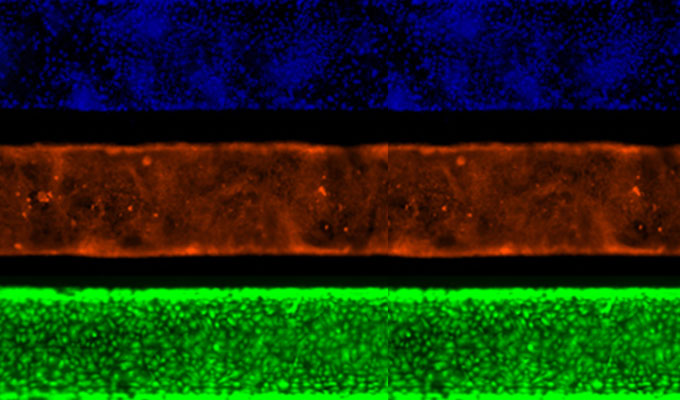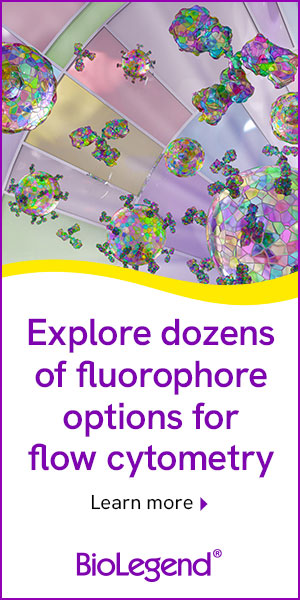Functional Diversity of Type I Interferons in Immune Responses
Speaker: Kathrin Sutter Moderator: Marina Kort
Online live: Dec 04, 2025 1:00 PM EST Posted: Dec 9, 2025 Views: 23906
Abstract
Type I interferons (IFNs) are essential regulators of antiviral defense, yet individual IFNα subtypes can elicit divergent immune outcomes. To systematically define these functional differences, we established an in vitro and in vivo workflow combining defined IFNα stimulations, T cell polarization assays, and viral infection models. Seven murine IFNα subtypes were compared for their capacity to modulate CD4⁺ T cell responses to Friend retrovirus. The protocol integrates co-culture systems with dendritic cells, metabolic and interferon-stimulated gene (ISG) profiling, and downstream functional readouts in infected mice. Using this approach, we found that IFNα11 drives Th1 polarization, augments metabolic activity, and induces a broad ISG signature, whereas IFNα2 promotes Th17 differentiation with limited metabolic and ISG responses. Functional partitioning revealed that antiproliferative effects require dendritic-cell IFNAR signaling, while cytokine modulation is intrinsic to CD4⁺ T cells.
In this webinar, participants will learn how to implement these assays, interpret subtype-specific IFNα effects, and apply integrated readouts of metabolism, ISG induction, and T cell differentiation. Attendees will gain practical insights into designing experiments to dissect immune signaling at the cellular and organismal level and understand how subtype-specific IFN signaling can inform therapeutic strategies in antiviral and immunotherapy contexts.
Highlights
- Comparative workflow: Parallel testing of multiple IFNα subtypes in matched cellular and in vivo assays.
- Integrated readouts: Combines metabolic profiling, ISG quantification, and functional T cell differentiation analyses.
- Mechanistic insight: Distinguishes dendritic-cell-dependent and T-cell-intrinsic IFNα effects.
- Practical outcomes: Attendees learn how to design, execute, and analyze experiments to study subtype-specific interferon responses for research and therapeutic applications.
Speaker

Kathrin Sutter, Ph.D.
Associate Professor, Institute of Virology, University of Essen, Germany
Dr. Kathrin Sutter is an Associate Professor at the Institute of Virology, University Hospital Essen, University of Duisburg-Essen, Germany. She st...
View more
Moderator

Marina Kort, Ph.D.
Product Manager, BioLegend, Revvity
Dr. Marina Kort is a Product Manager for Immunoassays at BioLegend, where she oversees the development and promotion of innovative tools that suppo...
View more
Keywords
Type I Interferons, IFNα subtypes, T-cell polarization, Interferon-Stimulated Genes (ISGs), Dendritic cell signaling, Antiviral immunity
References
Schimmer, Simone; Kerkmann, Leonie; Kahlert, Nele; al Jubeh, Shahd; Werner, Tanja; Corkish, Carrie; Prendeville, Hannah; Finlay, David K.; Sutter, Kathrin; Dittmer, Ulf; Littwitz-Salomon, Elisabeth. Dietary lipid overload creates a suppressive environment that impedes the antiviral functions of NK cells. iScience, Vol. 28, 2025, Nr. 5, 112396
Zhu, Dan; Du, Yanqin; Zhao, Mengxiao; Ablikim, Dilhumare; Huang, Hongming; Pan, Wen; Zeng, Xiaoqing; Xu, Chunli; Lu, Mengji; Sutter, Kathrin; Dittmer, Ulf; Zheng, Xin; Yang, Dongliang; Liu, Jia. Functional B cell deficiency promotes intrahepatic HBV replication and impairs the development of anti-HBV T cell responses. Hepatology International, Vol. 19, 2025, Nr. 1, pp. 93 – 105
Schwerdtfeger M, Dickow J, Schmitz Y, Francois S, Karakoese Z, Malyshkina A, Knuschke T, Dittmer U, Sutter K. Immunotherapy With Interferon α11, But Not Interferon Beta, Controls Persistent Retroviral Infection. Front Immunol. 2022 Jan 20;12:809774. doi: 10.3389/fimmu.2021.809774. eCollection 2021.PMID: 35126368
Karakoese Z, Le-Trilling V-TK, Schuhenn J, Francois S, Lu M, Liu J, Trilling M, Hoffmann D, Dittmer U, Sutter K. Targeted mutations in IFNα2 improve its antiviral activity against various viruses. mBio. 2023 Dec 19;14(6):e0235723. doi: 10.1128/mbio.02357-23. Epub 2023 Oct 24.PMID: 37874130
Schuhenn J, Meister TL, Todt D, Bracht T, Schork K, Billaud JN, Elsner C, Heinen N, Karakoese Z, Haid S, Kumar S, Brunotte L, Eisenacher M, Di Y, Lew J, Falzarano D, Chen J, Yuan Z, Pietschmann T, Wiegmann B, Uebner H, Taube C, Le-Trilling VTK, Trilling M, Krawczyk A, Ludwig S, Sitek B, Steinmann E, Dittmer U, Lavender KJ, Sutter K, Pfaender S. Differential interferon-α subtype induced immune signatures are associated with suppression of SARS-CoV-2 infection. Proc Natl Acad Sci U S A. 2022 Feb 22;119(8):e2111600119. doi: 10.1073/pnas.2111600119.PMID: 35131898
Dickow J, Francois S, Kaiserling RL, Malyshkina A, Drexler I, Westendorf AM, Lang KS, Santiago ML, Dittmer U, Sutter K. Diverse Immunomodulatory Effects of Individual IFNα Subtypes on Virus-Specific CD8+ T Cell Responses. Front Immunol. 2019 Sep 24;10:2255. doi: 10.3389/fimmu.2019.02255. eCollection 2019.PMID: 31608062
Do you have a question about this webinar?
Post your question, and we'll invite the webinar speaker to respond. You're welcome to join the discussion by answering or commenting on questions ( Note: Not all questions, especially those not directly relevant to the webinar topic, may be answered by the speaker. ).
Write a clear, specific, and concise question. Don’t forget the question mark!
Tips for asking effective questions
+ Description
Write a detailed description. Include all information that will help others answer your question.
11 Q&A






